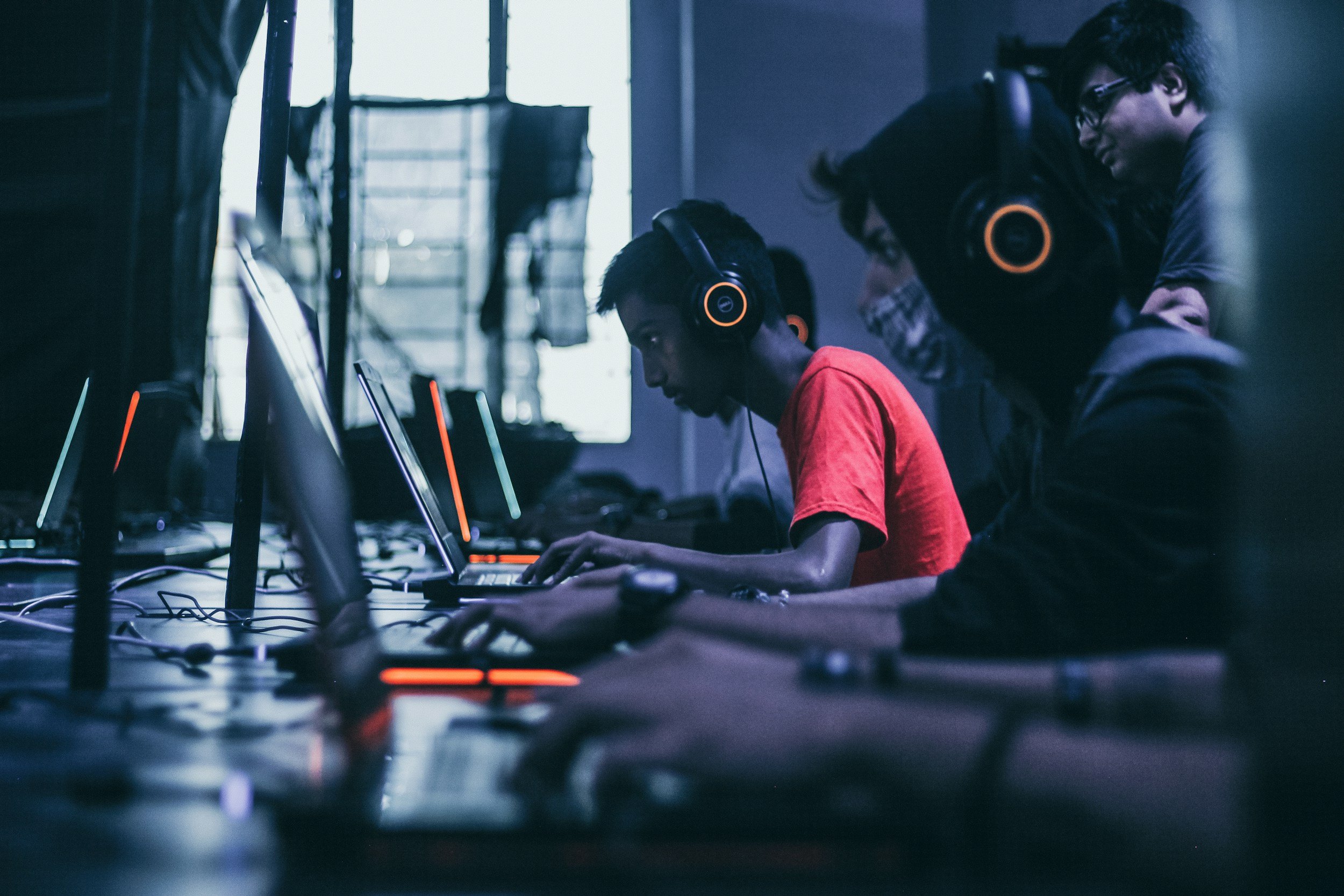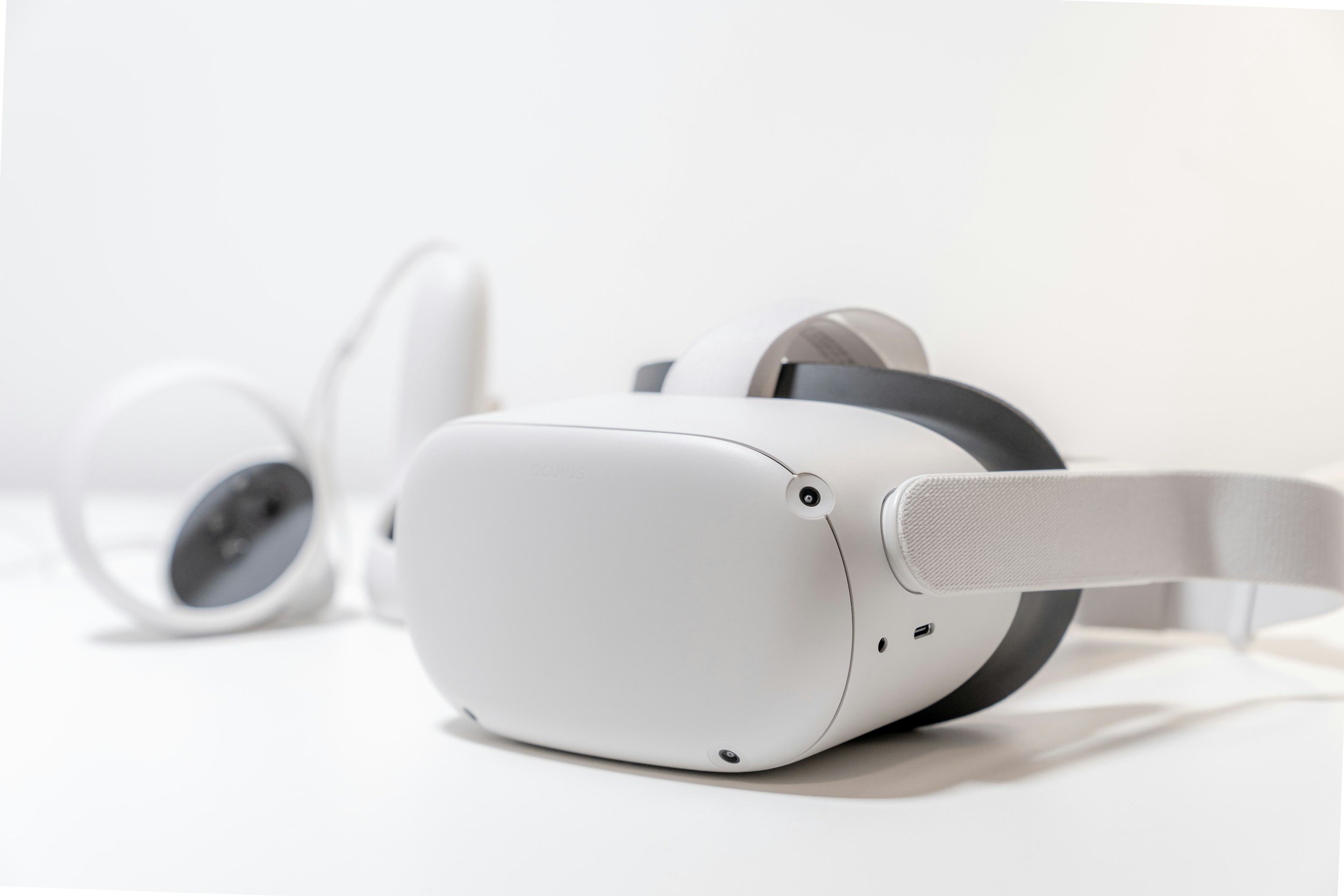The Psychological Benefits of Gaming for Mental Health
Video games have long been scrutinized for their potential negative impacts, but emerging research suggests that gaming can offer a range of psychological benefits, particularly when it comes to mental health. In this article, we'll explore how video games can have positive effects on mental well-being, from stress reduction to enhancing cognitive skills.
Stress Reduction and Relaxation
One of the most apparent psychological benefits of gaming is its capacity to provide an effective means of stress reduction and relaxation. Engaging in a captivating game can serve as a form of escapism, allowing players to temporarily disconnect from real-world stressors and immerse themselves in a different reality. The release of dopamine during gameplay can induce a sense of pleasure and relaxation, helping to alleviate stress and anxiety.
Cognitive Stimulation and Problem-Solving
Many video games require players to engage in complex problem-solving, strategic planning, and critical thinking. This cognitive stimulation can be mentally invigorating, akin to exercising the brain. Puzzle games, strategy games, and even certain action games can enhance cognitive skills such as spatial awareness, memory, and decision-making.
Improved Focus and Attention
Video games often demand sustained attention and concentration, particularly in fast-paced or competitive multiplayer games. This can contribute to the development of improved focus and attention control. As players strive to achieve objectives and perform optimally, they naturally train their ability to stay attentive and maintain concentration over extended periods.
Social Connection and Support
Online multiplayer games offer a platform for social interaction and connection, which can be especially valuable for individuals who may struggle with face-to-face socializing. Gaming communities provide a sense of belonging, and cooperative or competitive play fosters teamwork, communication, and the development of social skills. For some, these virtual friendships can translate into real-world relationships and support networks.
Goal Setting and Achievement
Many video games are structured around achieving goals, completing quests, or unlocking achievements. This goal-oriented gameplay can instill a sense of purpose and accomplishment. The satisfaction derived from reaching milestones within a game can translate to a positive sense of achievement and motivation in everyday life.
Coping Mechanism and Emotional Regulation
Video games can serve as a healthy coping mechanism for dealing with emotional challenges. Engaging in gameplay can help individuals process emotions, manage stress, and regulate mood. It provides an outlet for self-expression and a safe space to explore and manage difficult feelings.
Therapeutic Applications
The psychological benefits of gaming have led to the development of video game-based therapeutic interventions. "Serious games" are designed to address specific mental health issues, such as anxiety, depression, and post-traumatic stress disorder. These games are used as part of therapy to help individuals build coping skills and resilience.
Mindfulness and Flow States
Certain video games can induce a state of mindfulness, where players become fully absorbed in the gaming experience. This "flow" state is characterized by complete focus and immersion, leading to a sense of timelessness and reduced stress. Games that require precise timing and concentration often facilitate the flow state.
Simply Put
Video games offer a diverse range of psychological benefits for mental health. While moderation and mindful gaming are essential, it's clear that gaming can provide relaxation, cognitive stimulation, social connection, and even therapeutic support. As our understanding of the positive aspects of gaming continues to grow, it's important to recognize that, when approached consciously, gaming can be a valuable tool for enhancing mental well-being.








